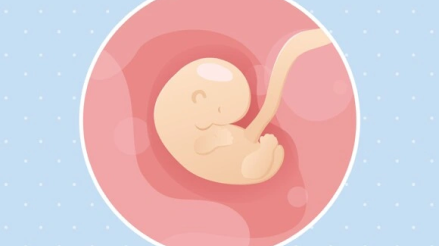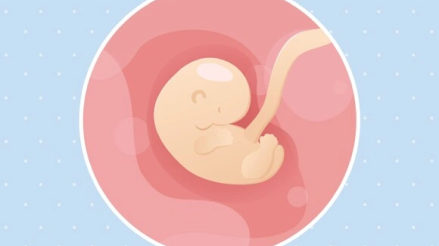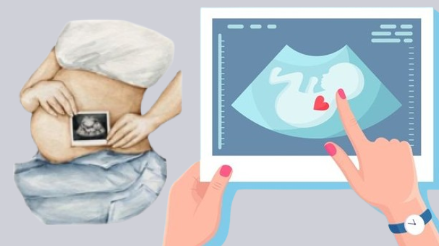You may also like…
In today’s world, missing a period doesn’t really mean much to a woman concerning pregnancy unless she confirms this with a pregnancy test.
What do Pregnancy Tests do? What is human chorionic gonadotropin?
Pregnancy tests look for a special hormone: Human Chorionic Gonadotropin (only present in human body during pregnancy, it is produced by the placenta shortly after implantation). These test may look for this hormone in your urine (Urine Stick Test) or blood ( Serum HCG). At home urine-stick tests are the most common type of tests, and even when they are used at home, they are 99% accurate.
When does the production of HCG start in pregnancy?
From the very beginning the body prepares itself to go through changes to support the cells that will develop into your baby. The production of HCG can immediately be detected (about 6 to 10 days after conception or implantation). These levels of HCG continuously keep doubling in the first few weeks of pregnancy. It is produced by the placenta (a cake-like organ supplying nutrients to the implanted embryo) in the womb.
Pregnant tests available to confirm if you are pregnant are:
- Urine Pregnancy Test- confirms the levels of a specific hormone called HCG- Human Chorionic Gonadotropin, this is 99% accurate at home. Use recently purchased kit and follow the instructions given on it. It is 100% safe and has no side effects and 9.9 out of 10 times will confirm whether you are pregnant. The best time to take your pregnancy test is during your morning visit to the toilet.
- Blood Tests for HCG- Blood tests may be qualitative (checks "presence" of hormone in blood), or it may be quantitative (checks "specific levels" of hormone in blood). A sample is taken through drawing blood, most often through a vein, and this procedure is called a venipuncture. This test is usually employed to rule out diseases that may mirror a picture of pregnancy in a fertile woman.
- An ultrasound- is another extremely accurate method of confirming your pregnancy. It is also used during pregnancy to check the baby’s development, presence of a multiple pregnancy situation or rule out any suspicion related to pregnancies.
Powered by Froala Editor







